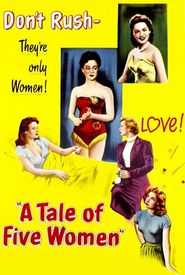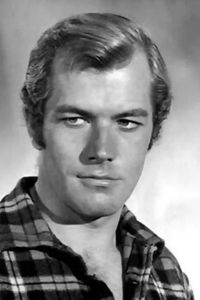Géza von Cziffra was a multifaceted individual, born in Arad, Hungary, to ethnic German parents. He began his career as a journalist in Vienna in 1918, later working as a political commentator and film writer for the publications Berliner Tageblatt and Welt am Abend in Berlin.
In 1922, Cziffra started his apprenticeship in the film industry as an assistant director for Alexander Korda at Sascha Films. By 1932, he was dividing his time between running a cabaret on Berlin's Kurfürstendamm and writing film scripts, plays, and novels. He used numerous pseudonyms, including John Ferguson, Karel Kubela, Horace Parker, Enrique Anden, Thomas Harrer, Albert Anthony, and Peter Trenck.
Between 1934 and 1935, Cziffra directed his first four feature films, all Hungarian-language productions, in Budapest. His subsequent directing assignments, including the ice revue Der weiße Traum (1943) and the romantic comedy Hundstage (1944),set the tone for his future output, which primarily consisted of light commercial entertainments.
After World War II, Cziffra established his own production company, Cziffra-Film GmbH, under American license in Vienna, but it ceased operation in 1949. He then co-founded Arion-Film GmbH in Hamburg, which existed for four years (1952-56).
Cziffra's most popular post-war films as writer/director include Gabriela (1950),Tanzende Sterne (1952),Banditen der Autobahn (1955),Der müde Theodor (1957),and twelve musical comedies starring Austrian entertainer Peter Alexander. He retired from filmmaking in 1974 but continued to publish novels, memoirs, and a collection of anecdotes well into the late 1980s.











